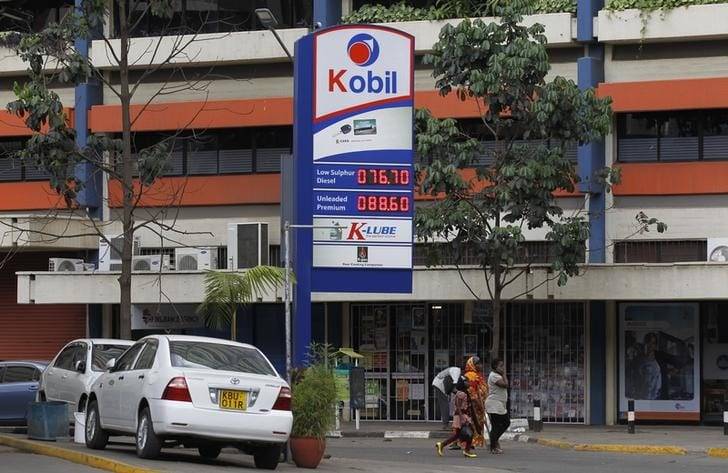KenolKobil Has Been De-Listed From NSE After 59 Years Of Trading At The Bourse

KenolKobil has been de-listed from Nairobi Securities Exchange two months after a successful takeover by French fuel storage company, Rubis Energie.
Upon the completion of the Sh36 billion transaction, KenolKobil could no longer operate as a listed entity.
“The delisting has been approved by the Capital Markets Authority,we are therefore giving a notice on the delisting of KenolKobil from the Nairobi Securities Exchange effective August 23,” NSE said in a statement.
Following Kenol Kobil’s exit from the NSE, the exchange now has 61 actively traded counters, down from 64 listed entities at the start of 2018. KenolKobil has traded at the bourse for 59 years.
In 2018, the French oil firm began the quest to acquire KenolKobil which is worth close to $225 million by market capitisation.
In January 2019 the board of NSE-listed oil marketer KenolKobil endorsed the proposed takeover which was followed by acceptance by the shareholders.
The French firm already owned 25 percent stake in KenolKobil (367.8 million shares), it has operations in 12 African countries but has no presence in the Eastern and Central Africa region.
Following the acquisition, KenolKobil will adopt Rubis Group’s financial and operational policies, as well as global quality and service provision standards.
In the past, NSE has delisted several companies including ARM Cement, Nairobi based logistics firm Atlas Development and Support Services (ADSS), CIC insurance, Stanbic Holdings plc, and Sasini limited whose shares remain suspended from trading at the bourse.
Featured Image Courtesy: Citizentv.co.ke